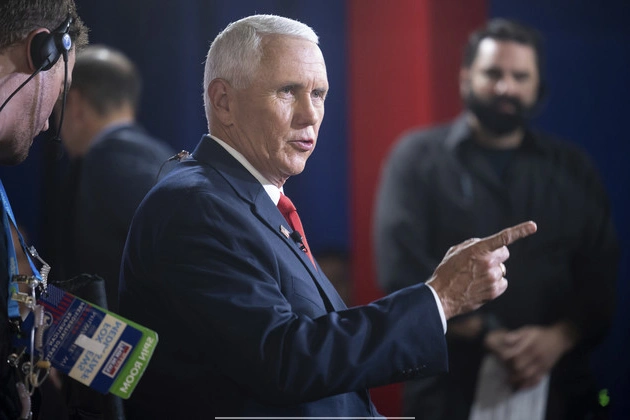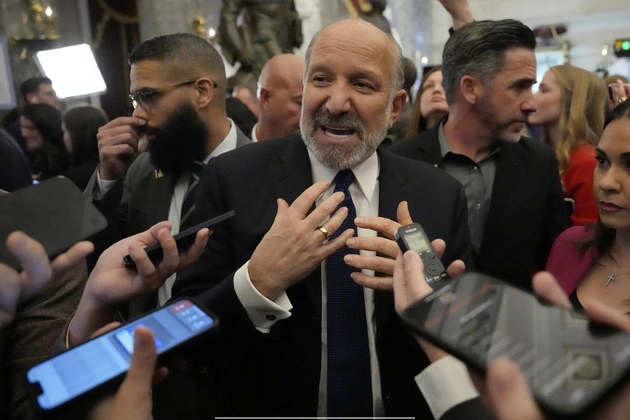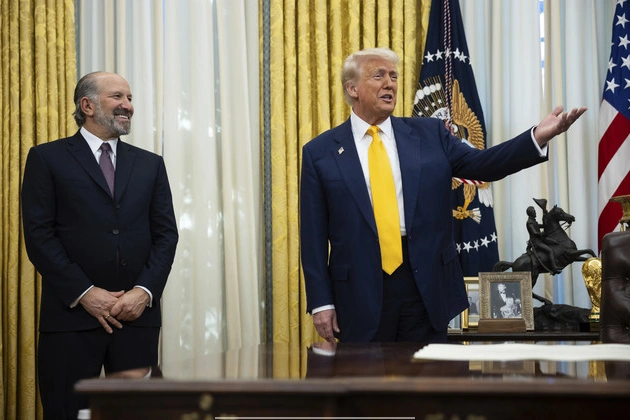
President Donald Trump has indicated his intent to proceed with imposing a 25 percent tariff on all Canadian and Mexican goods starting next week. During a joint press conference with French President Emmanuel Macron, Trump confirmed the tariffs are on track as scheduled.
Background of the Tariff Threats
Trump’s tariff threats towards Canada and Mexico aim to pressure the nations into taking action against undocumented migrants and the flow of fentanyl into the United States. Originally set for February 4, the tariffs were postponed for 30 days following discussions with Canadian Prime Minister Justin Trudeau and Mexican President Claudia Sheinbaum.
Current Status of Tariffs
With the new deadline approaching on March 4, Trump was questioned about the progress made by Canada and Mexico to avoid the tariffs. Trump emphasized the importance of reciprocity in trade relations and hinted at extending the tariffs to other countries globally.
Trump’s statement, while somewhat ambiguous, exerts pressure on Canada and Mexico to address his concerns promptly. Recent conversations between Trump and Trudeau focused on border security, with Trudeau highlighting a significant reduction in fentanyl crossing the northern border.
Implications and Reactions
Canada and Mexico collectively represent over $900 billion in U.S. imports, including key industries like automotive and agriculture. Both nations have expressed intentions to retaliate if the tariffs are implemented. Trump has indicated a lower 10 percent tariff on energy imports from Canada to alleviate inflation concerns.
As the deadline looms, the situation remains tense, underscoring the need for diplomatic resolutions to avoid potential trade conflicts.















